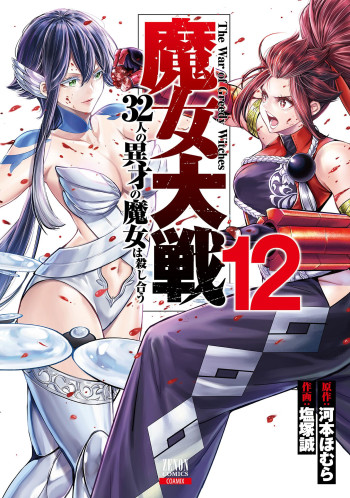Letty Frame’s No Such Luck is a gripping tale that intertwines elements of suspense, romance, and psychological intrigue, set against the backdrop of a chaotic St. Patrick’s Day vacation gone horribly wrong. The novel opens with a sense of anticipation, as the protagonist, Skyler, embarks on what should have been a carefree Spring Break. However, the narrative quickly shifts into darker territory when Skyler goes missing, leading to a series of harrowing events that will keep readers on the edge of their seats.
The story is propelled by its central conflict: Skyler’s desperate attempt to navigate a world filled with danger and deception after witnessing a murder. This initial incident sets the tone for the rest of the book, establishing a sense of urgency and dread that permeates the narrative. Frame skillfully crafts a plot that is both unpredictable and engaging, as Skyler finds herself kidnapped by a group of four men—each with their own distinct personalities and motivations. This dynamic creates a rich tapestry of interactions that drive the story forward.
One of the most compelling aspects of No Such Luck is its exploration of character development. Skyler is portrayed as a relatable and resilient protagonist, whose initial naivety is challenged by the brutal realities she faces. As she navigates her captivity, readers witness her transformation from a frightened girl into a more assertive and resourceful individual. Frame does an excellent job of illustrating Skyler’s internal struggles, allowing readers to empathize with her plight while also rooting for her growth.
The four kidnappers—Dia, Viero, Cosmo, and Luca—are equally well-developed, each representing different facets of danger and allure. Dia, the leader, is enigmatic and charismatic, embodying a duality that intrigues Skyler even as it terrifies her. Viero, the second-in-command, oscillates between suspicion and attraction, creating a tension that adds depth to his character. Cosmo, with his obsessive charm, initially appears sweet but reveals layers of complexity that challenge Skyler’s perceptions. Finally, Luca embodies the chaotic and manipulative nature of the group, serving as a constant reminder of the precariousness of Skyler’s situation.
Frame’s ability to create such multifaceted characters is one of the book’s greatest strengths. Each character’s motivations are explored in a way that adds nuance to their actions, making them more than just archetypal villains. This complexity invites readers to ponder the moral ambiguities of their choices and the circumstances that led them to this point. The interplay between Skyler and her captors raises questions about power dynamics, trust, and survival, making for a thought-provoking read.
Thematically, No Such Luck delves into the concepts of fate and choice. Skyler’s initial belief in her own luck is shattered as she confronts the harsh realities of her situation. The title itself serves as a poignant reminder of the randomness of life and the often-unpredictable nature of human interactions. Frame effectively uses this theme to explore how characters respond to their circumstances, ultimately shaping their destinies in ways they could never have anticipated.
Moreover, the tension between the Irish Mob and the Italian Mafia adds an intriguing layer to the plot. This backdrop not only heightens the stakes for Skyler but also serves as a commentary on loyalty and betrayal within criminal organizations. Frame weaves this subplot seamlessly into the main narrative, enriching the overall experience and providing context for the characters’ actions.
In terms of pacing, No Such Luck maintains a brisk tempo that keeps readers engaged from start to finish. Frame’s writing style is both accessible and evocative, allowing for moments of tension to build naturally while also providing necessary pauses for character reflection. The dialogue is sharp and realistic, further enhancing the authenticity of the characters’ interactions.
While the book excels in many areas, it is worth noting that some readers may find certain plot twists to be somewhat predictable, especially for those well-versed in the thriller genre. However, Frame’s skillful character development and emotional depth compensate for any predictability, ensuring that the story remains compelling throughout.
In comparison to similar works, No Such Luck can be likened to novels such as The Girl with the Dragon Tattoo by Stieg Larsson or Gone Girl by Gillian Flynn, where complex characters and dark themes intertwine to create a gripping narrative. However, Frame’s unique voice and focus on the psychological aspects of captivity set this book apart, making it a noteworthy addition to the genre.
In conclusion, Letty Frame’s No Such Luck is a captivating read that masterfully blends suspense, romance, and psychological intrigue. With its well-developed characters, thematic depth, and engaging plot, it offers a thrilling experience that will resonate with readers long after they turn the final page. Whether you’re a fan of thrillers or simply looking for a compelling story, No Such Luck is a book that deserves a place on your reading list.
























Reviews 0
Post a Reviews: